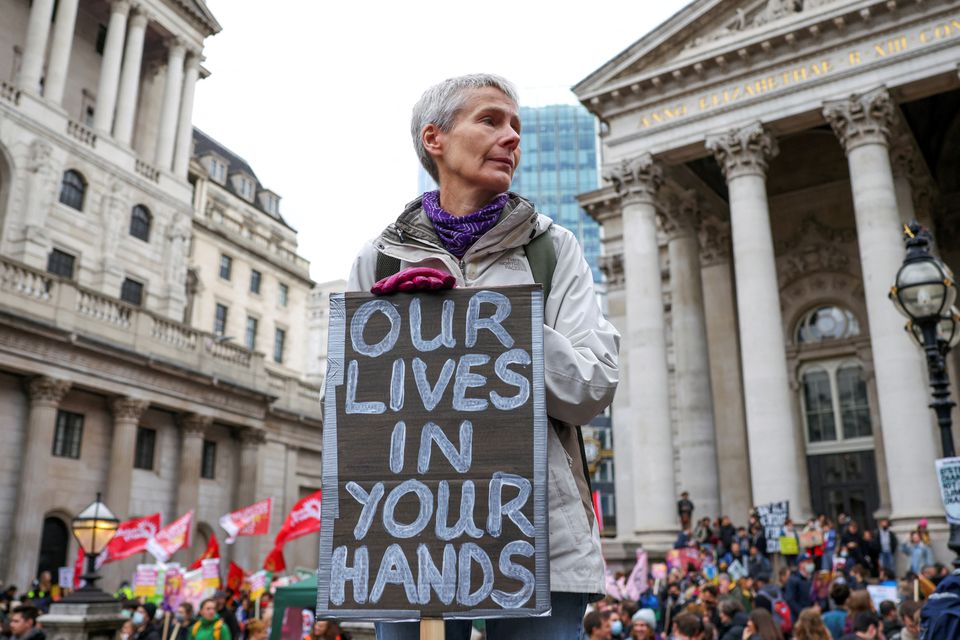
By Anders Lorenzen
What steps do banks around the world need to take to mitigate the climate crisis and protect themselves and their customers from climate risks and exposure?
A detailed checklist has just been published by regulators, outlining how banks should address how the climate crisis impacts all aspects of their business – including pay and capital.
The checklist was unveiled by the Basel Committee which is made up of regulators from the US, Europe, Japan, China and elsewhere. Its objective is to review how its rulebook covers climate change in a sector which is at the forefront of transitioning to a net-zero economy.
They argue that banks must look at how risks from climate change affect their business, strategy, training of senior staff and board members, internal controls, capital and pay over the short as well as long-term.
Focus on the world’s largest banks
Global banks such as Goldman Sachs, Deutsche Bank and HSBC will be expected to examine whether they are quantifying risks from the climate crisis properly.
In a statement, the Basel Committee said: “The board and senior management should consider whether the incorporation of material climate-related financial risks into the bank’s overall business strategy and risk management frameworks may warrant changes to its compensation policies.” In addition, they argued that banks should identify, monitor and manage all climate-related financial risks which could materially impair their financial condition – this should include capital resources and liquidity positions. It is expected this new guidance will be applied by the committee as soon as possible. Regulators say that only a few banks made such detailed and comprehensive assessments of climate risks so far.
Campaigners have previously argued that many banks continue to contribute to climate destruction by funding, investing in and supporting fossil fuel projects around the world – and by doing so they are gambling with their institution’s stability and their customer’s funds.
Categories: climate change, finance
1 reply »